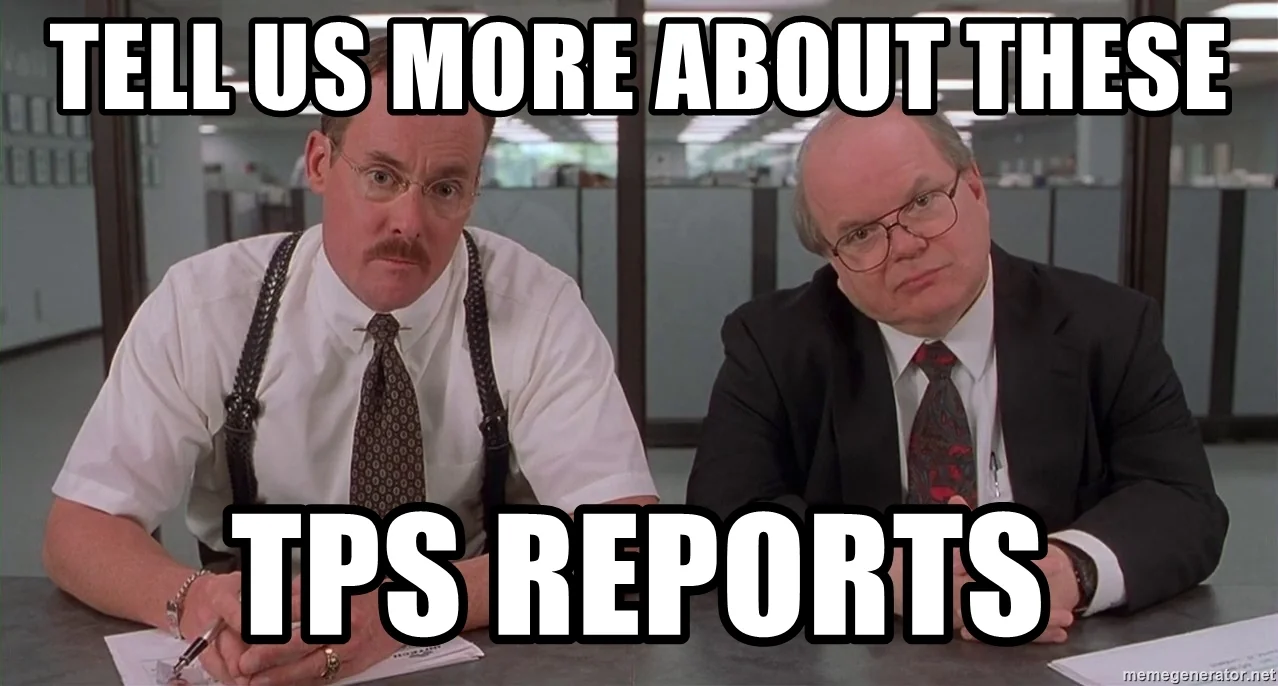Ah, the age-old question: How do you manage up? Ideally, a good manager is like a seasoned hiking guide—blazing the trail, offering advice, and ensuring you don’t fall off a cliff. But let’s be real: many managers are juggling flaming torches while riding a unicycle on that very trail. They’re overwhelmed, possibly undertrained, and might be more focused on keeping their own career moving forward than helping you navigate. So, when you're blocked, what are you supposed to do?
While common advice includes, “You should manage up!” I’m not a fan of the phrase.It sounds like we’re trying to trick our managers into doing their jobs—like slipping veggies into a picky eater’s smoothie. But managing up isn’t about manipulation or filling in the gaps for someone who isn’t pulling their weight. It’s about recognizing that you and your manager are in this together. Their success is your success, and vice versa. You need to develop a more effective partnership.
Let’s Talk Strategy: How to Be an Effective Partner
- Start with Empathy: Remember, your manager is a human being (shocking, I know) who might be overwhelmed. Approach the situation with the intent of creating a stronger partnership instead of blame.
- Be Direct, Be Specific: Tell your manager exactly what you need to move forward and when you need it. The more specific you are, the better. Collate links to all relevant information—links, notes, context—so they have everything they need in one neat package.
- Check for Blockers: Ask if there’s anything on their end that might be holding things up. Sometimes, they’re waiting on a decision from higher-ups, and a gentle nudge could help clarify the situation.
- Let them know when you plan to follow up. Something like, “If I don’t hear back by Friday, I’ll plan to check in again” You'll avoid feeling like you're “nagging” when you don’t hear anything back, because you've already set a follow up!
- Highlight the Risks (and Offer Solutions): If you see a potential issue, don’t just drop it in their lap—provide a recommendation or alternative solution. Handing them the problem along with the your insights, instructions or suggestions to fix it helps them see how you are thinking about solving the problem.
- Make Them Look Good: Whenever possible, help your manager shine. Whether it’s prepping them for a big meeting or ensuring they have all the info they need to succeed, remember that making them look good also reflects well on you. And no, this isn’t about losing your own spotlight—when they look good, it often comes back to you in positive ways.
- Practice the Art of the Ask: When you clearly ask for what you need, provide supporting data, and even share your recommendations, you’re not just managing up—you’re becoming an indispensable partner with a track record of clear communication.
In the end, managing up is less about managing and more about partnering. It’s about building a relationship where both of you can succeed—that's not only the path to getting what you want, its also practicing clear communication, building trust and establishing a successful way to work together.











